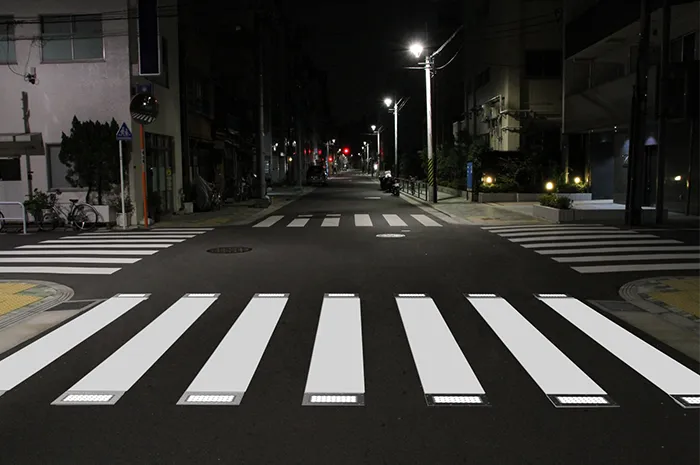Double yellow lines signify an area where parking is not allowed at any time on a UK road.
June 24, 2013
Read time: 1 min
Double yellow lines signify an area where parking is not allowed at any time on a UK road although this narrow stretch in Swindon measures a mere 330mm wide which is insufficient even to allow most motorcycles to pass through. Following widespread and stinging criticism, the council has since repainted the lines black: Image courtesy of World Highways readers Dr John Bullas and Len Searle









